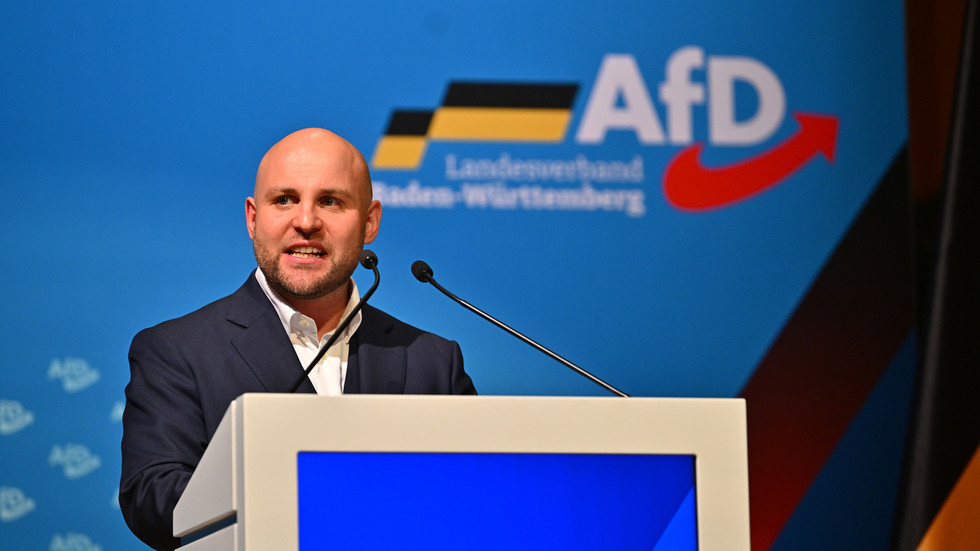
Slumping global coal prices and sanctions have brought Russia's coal industry close to collapse (Image: Getty)
Russia's economy has taken another blow as slumping global coal prices and sanctions have put the country's coal industry on the brink of collapse. As a result, the Kremlin is scrambling to protect both one of its key energy sources and a major employer.
Prices for both thermal coal - used in power generation - and metallurgical coal - critical to steel production - soared between 2021 and 2023 thanks to post-pandemic recovery and supply uncertainty due to the war in Ukraine. However, this boom has since gone bust. While production has ramped up globally, particularly in China, Indian and Indonesia, global demand has slowed. Consumption growth dropped from 4.7% in 2022 to just 1% in 2024, sending prices crashing from $400 per ton at the end of 2022 to just $100 by May this year. Russian coal, meanwhile, is selling at a steep discount.

After being hit with a European embargo, producers were forced to redirect shipments to Asia where buyers negotiated far lower prices (Image: Getty)
In 2021, Russia was selling just under 23% of its coal to the EU. However, after being hit with a European embargo, producers were forced to redirect shipments to Asia. Here, buyers used the disruption to their advantage and were able to negotiate far lower prices.
Russian export prices fell to $69 (£52) per ton free on board (FOB) at Far Eastern ports in late June - the lowest since 2020, according to the Vedomosti business daily. Under FOB terms, the seller covers delivery to the port but not sea freight.
The cost of producing and shipping one ton of thermal coal along the eastern route is estimated at 6,000 to 6,500 rubles (£55.80 to £60.45). Given the current strength of the ruble, the sale price of $70 per ton (£52.13) does not cover the costs for many firms located away from the Far Eastern ports.
“At current prices, exchange rates, financing costs and rail and maritime logistics, thermal coal production in Kuzbass is unprofitable across the board,” said Roman Golovin, strategy director at the Siberian Coal Energy Company (SUEK), Russia’s largest coal producer.

In May, President Putin approved an Energy Ministry relief package aimed at stabilising exports. (Image: Getty)
He added that four of SUEK's 10 coal enterprises have already scaled back operations or are considering closure.
According to official statistics, the share of loss-making coal companies jumped from 31.5% in 2023 to 53.3% in 2024.
The coal crisis threatens not only the economy but also society. Around 146,500 people currently work in the Russian coal industry, while about 30 towns, mostly in the Kuzbass, are economically dependent on coal. A collapse would be catastrophic for these communities.
Vladimir Putin's government is supporting the coal industry through subsidies and tax breaks. In May, President Putin approved an Energy Ministry relief package aimed at stabilising exports. The ministry estimates the industry will need 178 billion rubles (£1.7 billion) in aid this year, more than the 112 billion rubles (£1 billion) in losses reported in 2024. Losses in 2025 could hit 300 to 500 billion rubles (£2.8 to £4.7 billion), and total sector debt is forecast to reach 1.5 trillion rubles (£14 billion) by the end of the year.
Invalid email
We use your sign-up to provide content in ways you've consented to and to improve our understanding of you. This may include adverts from us and 3rd parties based on our understanding. You can unsubscribe at any time. Read our Privacy Policy

 1 month ago
15
1 month ago
15










 English (US) ·
English (US) ·